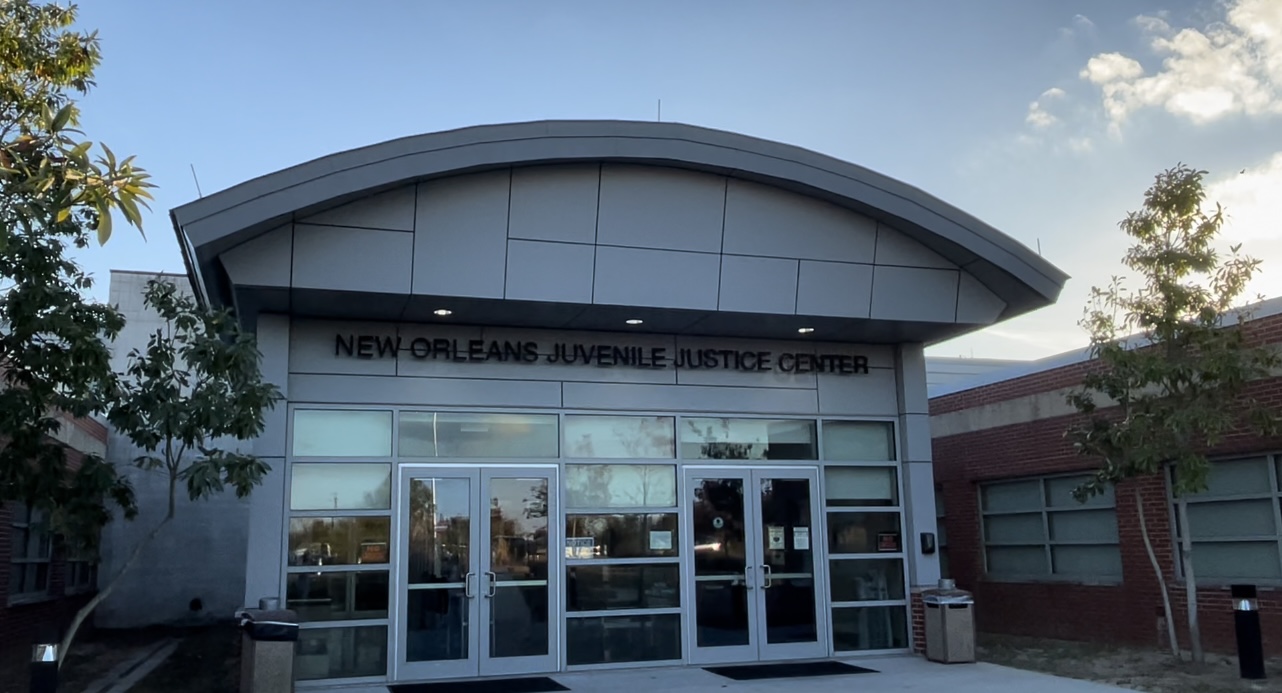By Nicki Kenyon, Jaclyn Lebowitz, Ellie Gottesman, and Ben Striar
An array of feelings and emotions wash over Monique Johnson’s face as she recalls a moment where she assisted a child, classified as a “chronic runaway”, whose parents both struggled intensely with alcoholism and drug abuse. Juvenile behavior and parental neglect, while tricky to combat, is something that Monique of FINS is all too familiar with dealing with.
She states, “The children are not going to school and have little to no parental supervision, even staying out on the streets for days at a time. That’s where we step in and provide our services to parents and children in order to get everyone on board and get them the help that they need.” Early intervention with behavior like this is crucial, especially when families are dealing with potential runaway situations.
The Louisiana FINS Program is a non-profit organization dedicated to ensuring that children who have been identified as status offenders and their families have timely access to an effective local system that matches the family’s needs. This organization offers quality services that work to prevent youth from committing more serious offenses such as delinquent arrest and/or delinquent adjudication. The FINS Program exists solely for the purpose of education. FINS stated mission and objectives are to assist the establishment of effective status offender systems and/or a single model system for Louisiana’s informal response to status offenders.
FINS serves as a critical resource for crisis response and short-term interventions that strengthen families, connect them with essential services, and make courts the last resort for status offenders. In addition, the agency collaborates with essential partners like mental health professionals, school districts and their officials and more, to absorb, report, and use data in order to make recommendations on status offenders in Louisiana.
After visiting the Juvenile Detention Center and interviewing the case manager and administrative director of FINS, we were astounded to see the impact that FINS has on children and their families. After hearing Monique Johnson and Delane Jones speak, we were able to gain a better understanding of how FINS has personally affected them. They went on to explain that dealing with juvenile delinquency in other families helps them be prepared to parent their own children, when they are acting out, in an appropriate and effective manner. Monique Johnson, Delane Jones, and FINS as a whole, puts emphasis on the family as a whole, while other alternative programs focus on the child individually. A major reason for FINS’ success is due to the fact that they provide mental health services to the children in order to help improve their behavior.
 Delane explains that, “We’re not just helping the child but the whole family as a unit. These children need services and counseling. A lot of these children have been through so much trauma and if they don’t get the mental health services they need, their behavior will continue.” Children and families who receive mental health services and counseling are often more likely to correct bad behavior in the early stages in comparison to children and/or families who do not receive services or counseling.
Delane explains that, “We’re not just helping the child but the whole family as a unit. These children need services and counseling. A lot of these children have been through so much trauma and if they don’t get the mental health services they need, their behavior will continue.” Children and families who receive mental health services and counseling are often more likely to correct bad behavior in the early stages in comparison to children and/or families who do not receive services or counseling.
For more information on the background of FINS and how to contact the organization, please visit https://nola.gov/juvenile-court/programs/family-in-need-of-services/
 NOLAbeings Multimedia artist Claire Bangser created NOLAbeings as a portrait-based story project that marries...
NOLAbeings Multimedia artist Claire Bangser created NOLAbeings as a portrait-based story project that marries...  Voodoo in New Orleans: Reviving history: New Orleans fortune telling This article takes a deep dive into the history of Voodoo in New Orleans, its hybridization with Catholicism, and its present-day place in the city's culture. The author visits fortune-tellers in the French Quarter, using their guidance as a tool for introspection rather than a deterministic predictor of the future. Through her experiences in New Orleans, the author feels a mystical connection to both the past and the future.
Voodoo in New Orleans: Reviving history: New Orleans fortune telling This article takes a deep dive into the history of Voodoo in New Orleans, its hybridization with Catholicism, and its present-day place in the city's culture. The author visits fortune-tellers in the French Quarter, using their guidance as a tool for introspection rather than a deterministic predictor of the future. Through her experiences in New Orleans, the author feels a mystical connection to both the past and the future. 